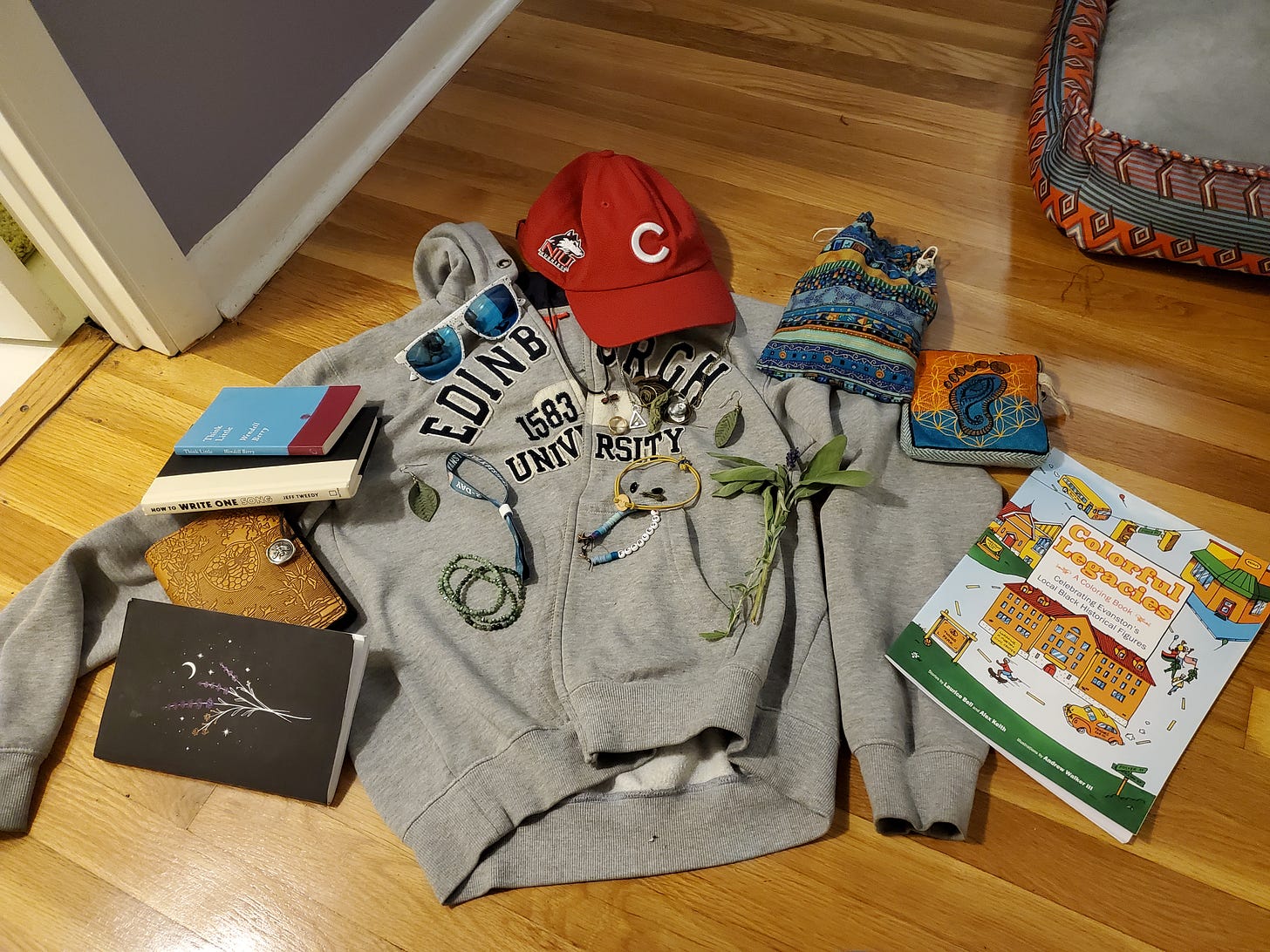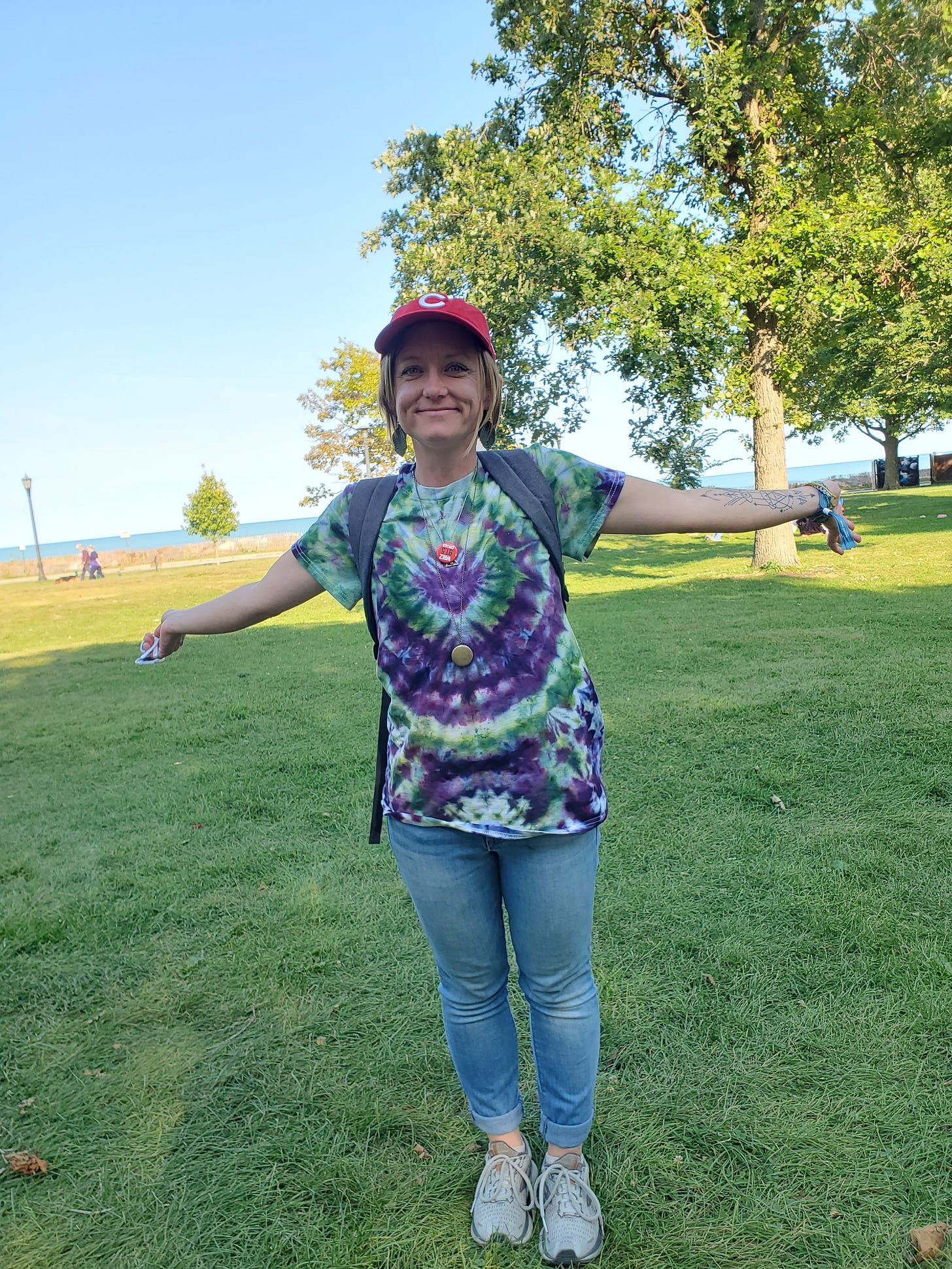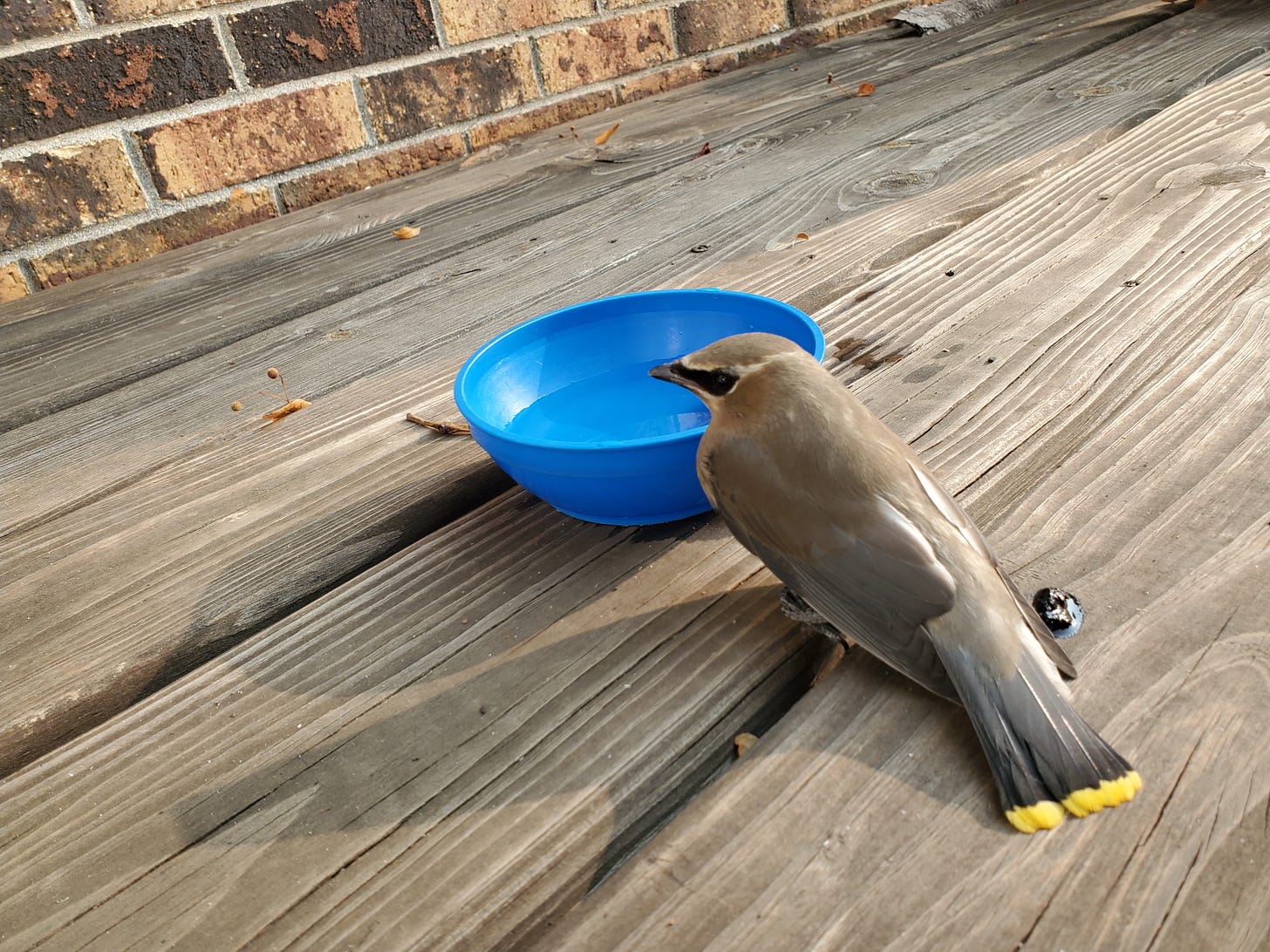Recently I wrote about a fictional human named Bob. Below, we’ll use our imagination again to catch up on Bob’s journey. Remember, he’s a pretend human that we all know and care about, not a real-life father, brother, husband, or friend. This is just pretend.
Hit “play” at the top to hear me narrate this post.
What About Bob:
A recap of Bob’s introduction: he was an adult human who experienced a change in his mental status. A mass was discovered in his brain, and he was put on medicine to prevent seizures and sent home to wait for a surgery (biopsy) to test what type of tissue the mass was made of. The procedure was done, and he was told he’d find out the biopsy results the following week. That week came and went, and nobody called. His wife reached out to the doctor’s office, and nobody called back.
So, they waited.
Words Matter
If Bob and his wife had been told “we won’t know for sure until next week, but it’s possible nobody will say anything until your follow-up appointment in two weeks”, the waiting would’ve been different. They would’ve managed their own expectations for a phone call (or none), and could’ve been a bit more prepared for the silence they received in response to their multiple calls to the doctor’s office.
Bob had built up the story in his head (as most folks would) that the results were the worst. He imagined the biopsy said something so devastating, they couldn’t possibly provide them over the phone. He imagined the doctor was waiting until they met in-real-life to give him more information about his last days.
The truth, instead, is much more optimistic, which is simultaneously a relief and a blessing.
The mass in Bob’s brain is a type of cancer that is treatable, but not curable. Meaning it can be removed (also known as an excision), he’d possibly receive treatment after the healing to take care of the remaining pieces. Initially they said radiation but now he’s looking at possible chemotherapy, thanks to science keeping up with cancer and new treatments that have recently become available. They also downgraded Bob’s tumor staging, bringing him down from stage 4 to 2. It could eventually come back, but for the most part, he’ll be okay for a long while.
Bob is okay, folks.
What a strange type of relief.
There’ve been a few of these moments of relief. This strange or unsettling or unexpected relief. The relief of being able to go home, but worrying what could go wrong in the meantime. The relief of unexpected test results, but more news on the way. It’s like almost completely exhaling. But…
Except this time, it doesn’t feel like there’s a “but”.
There will be treatment, side effects, and healing ahead, but overall, Bob’s going to be okay.
Now that you know that Bob’s going to be okay, I want to unpack the topic of communication.
Our Thoughts and Words Do Matter
The way and words that we use to communicate matter. More than anything. They don’t just matter in healthcare. They matter in politics, religion, education, law enforcement.
Words matter in the news.
How we report an event, the tone we use, the faces and images, the recaps and reposts, and the bottomless threads on social media, are influencing the future of humanity in ways we cannot imagine.
Words matter on social media.
And all I want to know is: Are You Kind?
Hahaha, in the recording, I misquoted the song “Ripple” (a magic song about our wake in life), but I was actually thinking of “Uncle John’s Band”:
So, now that the musical break is over, let’s move on.
What I Want to Know Is: Are You Kind?
If what we portray in real life or online shows us anything less than kind, we need to rethink our messaging. It felt unkind that Bob didn’t get a callback. And that he was told to expect some news, then got nothing. The dismissiveness felt unkind. He was just a message in a queue. A number on a list.
In my early days as a nurse, I imagine myself zooming from room-to-room while my patients and their families waited for answers. I couldn’t fathom at twenty-whatever-years-old what that waiting was like.
I’m realizing the blindness in the healthcare journey.
I’m privy to so much more information and wisdom as a patient/family/partner than many people in the community because of my 15-year nursing career, while the general public is wandering through healthcare with no guidance. They just have to figure it out along the way.
People get tests done, receive new diagnoses and test results that are incomprehensible, and they wait. Everyone’s healthcare journey starts somewhere, but nobody gives people/patients the lowdown of what to expect from the get-go. How could this go? What are a few of the potential outcomes?
Healthcare workers develop a crystal ball as they gain experience, and it lets us see a few potential futures that could unfold. Those powers of prediction let us anticipate what could go wrong, while hoping that everything goes right.
I’m noticing from this side of the patient bed that we rarely share all that we’re thinking/expecting/worrying/wondering with our patients. We don’t like speaking tentatively. We like black or white. Is or is not.
We are uncomfortable in the gray.
So instead of using words, acting with kindness, providing compassionate listening ears, healthcare workers turn to silence.
Silence gets filled with imagination.
Setting Intentions on the Path Ahead
The Ship of Modern American Healthcare, the beat-up cruiser that weathered the Storm COVID-19, and the story I tell about it, matters. How I imagine the future matters.
What I share about a pretend human named Bob, or an imaginary job in Home Health, or past experience in a fantasy hospital with inadequate staffing — it all matters.
What I say could encourage an aspiring nurse to leave school. Or a barista to become a nurse, physical therapist, doctor, caregiver. A legislator to sign paid family leave into law or mandate that caregiver services be covered by private insurance and Medicare/Medicaid. I could say something that results in caregivers receiving a livable wage to provide their essential service.
What we say matters and our impact ripples far beyond today, here and now.
The story I want to tell is optimistic, filled with glimmers of hope, and waves of bright light. A hopeful future where people with chronic diseases, acute illnesses, or clinical emergencies — people needing help — where we all get our needs met every time. Physical, emotional, spiritual, intellectual, all of it.
The power of the human mind is that our thoughts become reality. And when many people think the same thing — hoping and praying for the same outcome — then going out in the world and taking action (going to work, bringing kids to school, being neighborly and saying “hello” to each other )… imagine our influence if we could all get on the same page about the future.

Social media and news outlets seem to be intentionally creating a divide between us. I dabbled on social media again by getting on facebook. My stream is very different from those of people I love. I see posts about music, upcoming community events, art and poetry. I don’t see much about politics. I see very little about violence in my community. I’ve had to be mindful about what I view and “like”, and what I say out loud near my phone (it seems to hear me and stuff shows up on my feed that I’ve never typed or viewed online. Gross).
Social media and news outlets try to feed us garbage. Junk food keeps us scrolling. Keeps people miserable. Worrying. On-edge.
A stone in the pond of your mind
Back to Bob: The path Bob seemed to be on, in comparison to the latest updates, is very different. One earlier test result seemed to give him a 4-6 week expiration date, and now he’s looking at potential years. THAT is an optimistic outcome. This is a hopeful path forward.
How? Well, probably some science, but also, a bunch of people (Bob’s community) were hoping/praying/thinking about him, his diagnosis, the outcome. Did their “thoughts and prayers” influence the trajectory of his brain cancer journey? Sure, why not!
Your mind is a pond, and your thoughts create ripples.
Community is a pond, and our words and actions create ripples.
Imagine all of us, collectively, not picking a box, or one winner… but instead just imagining a whole future that is peaceful. Collaborative. Collective. Cooperative.
Imagine 10 years ahead. Or in 5 year’s time. Or 2. What that could look like.
And the next choice you make — standing up, filling your water cup, getting out in the world, being in community in a theater or a place of worship or a coffee shop — imagine yourself out in the world, immersed in People Stew, where everyone’s hoping for the same future as you!
Now, while we’re out there planting good seeds in the world, what we give and receive is changing the flavoring, seasoning, and turbulence of our minds and worlds. We do have influence over where we go from here. Ripples become waves. Where will you start shifting the tide in your community?
Homework
I hope you’re taking good care of yourself this weekend. I teach classes and we usually start with intros to get to know everyone. Sometimes I ask, “what have you done that was just for yourself in the last week”. And, in case that’s a stumper, I ask “or, if you can’t think of anything, what do you commit to doing in the next week that is just for you?”
Now I’m asking you: What have you done for yourself in the past week that was just for you? If you’re stumped: What will you do just for yourself in the next week to take good care of you?
Now, say what you’re thinking out loud.
Good job! Now that you’ve committed, out loud, to doing that thing, go make it happen. Go do it. Go, and take good care of yourself.
Love,
Jessie





